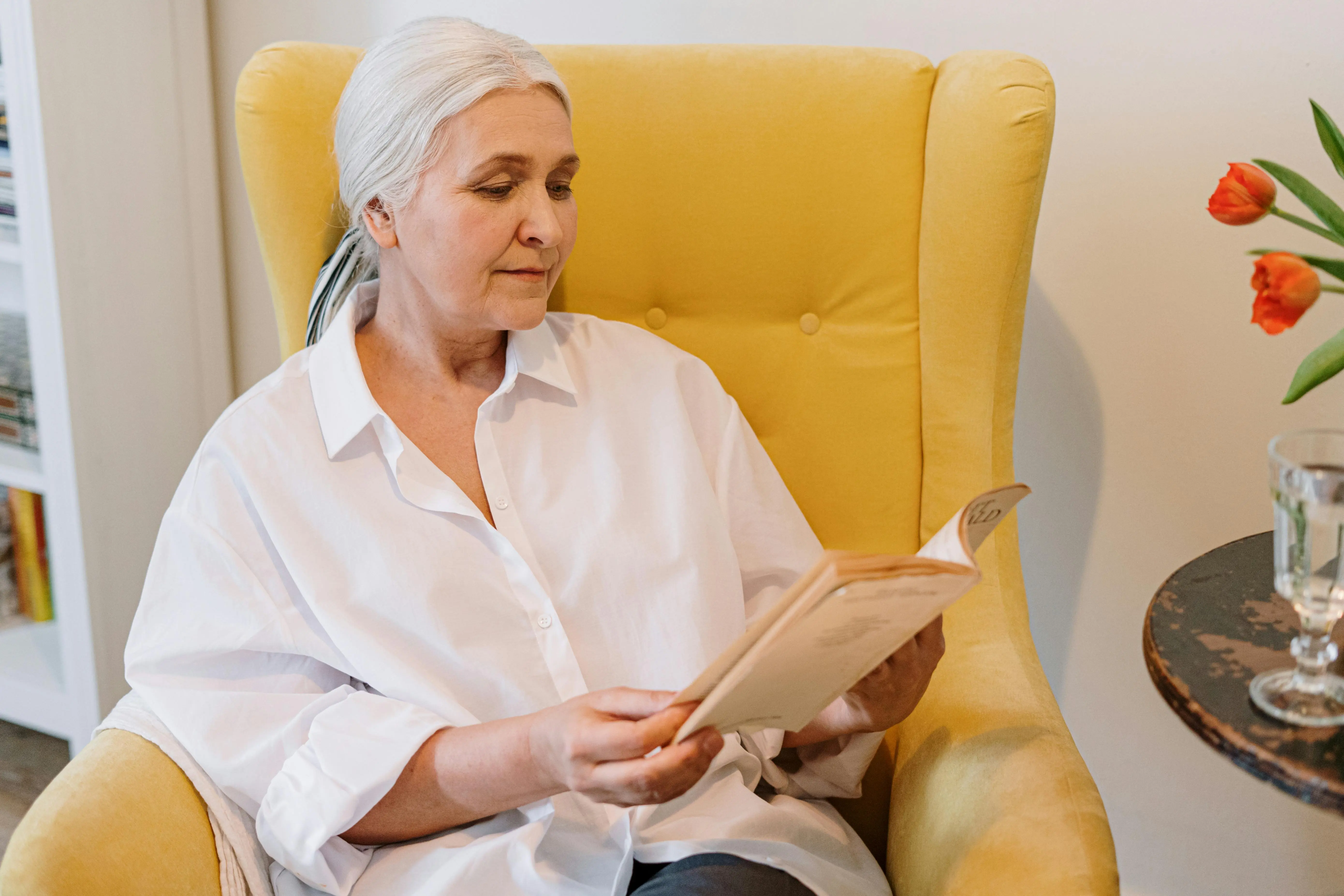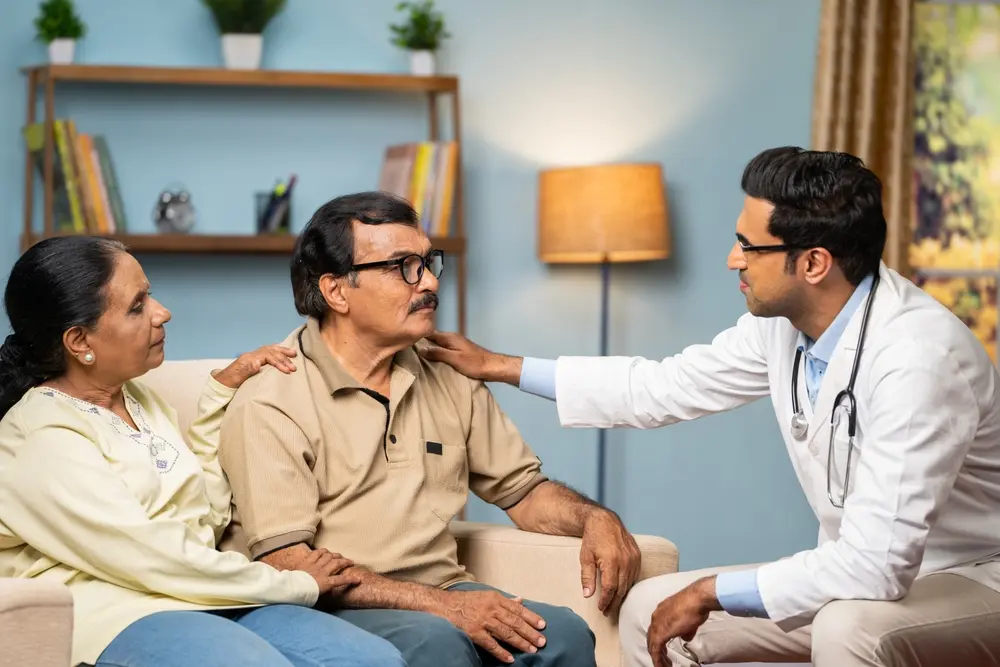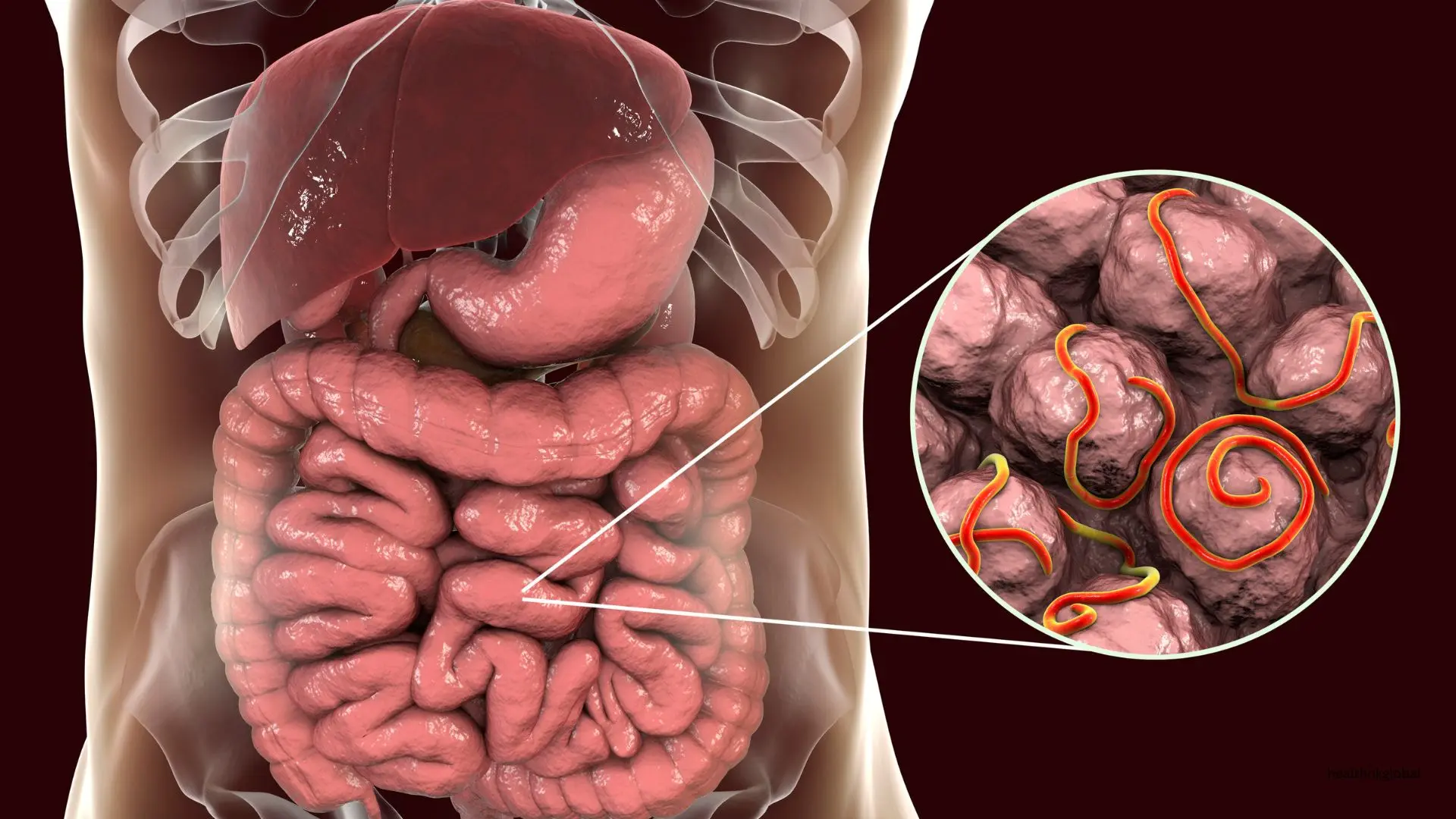Senile cataract is an age-related eye condition that can impair vision. Learn about its causes, symptoms, advanced treatments, and how to maintain eye health.

Blog
Senile Cataract Explained: Causes, Symptoms, and Treatment
Senile cataract, a leading cause of vision impairment worldwide, occurs due to age-related changes in the eye’s lens. Over time, the lens becomes cloudy, causing difficulty in vision. This condition often develops gradually but can significantly affect daily activities like reading and driving. This blog delves into the causes, symptoms, diagnosis, and treatment options for senile cataract, helping you make informed decisions about eye health.
The primary cause of senile cataract is aging, as the natural proteins in the lens start to clump together, leading to cloudiness. However, several factors can accelerate this process:
Frequent and unprotected exposure to ultraviolet rays can damage the lens, increasing the risk of cataracts.
Smoking, excessive alcohol consumption, and a diet lacking in antioxidants contribute to oxidative stress, hastening lens clouding.
Diabetes and long-term use of corticosteroid medications are linked to higher cataract risk.
Senile cataracts progress slowly, and symptoms often go unnoticed in the early stages. Common symptoms include:
Cloudiness or haziness in vision, making objects appear less sharp.
Difficulty seeing in low-light conditions, often accompanied by glare from headlights.
Increased glare and sensitivity, particularly in bright environments.
Colors may appear less vibrant or yellowed over time.
A noticeable increase in the need for new glasses or contact lens prescriptions.
A comprehensive eye examination is crucial for diagnosing senile cataract. Common diagnostic methods include:
Measures the ability to see details at various distances.
Provides a magnified view of the eye’s structures to detect abnormalities.
Involves widening the pupil with drops to examine the lens and retina more thoroughly.
Treatment depends on the severity of vision impairment. Early stages can be managed with non-surgical options, while advanced cases typically require surgery.
Prescription glasses, anti-glare lenses, and improved lighting can temporarily help manage symptoms.
Surgical removal of the cloudy lens and replacement with a clear intraocular lens (IOL) is the definitive treatment. The procedure is minimally invasive, safe, and has a high success rate.
Modern surgical methods have made cataract surgery highly efficient and precise. Techniques include:
Uses ultrasound waves to break up the cloudy lens, which is then removed and replaced with an IOL.
Employs advanced laser technology to perform precise incisions and lens removal, reducing recovery time.
Options like multifocal or toric lenses correct vision at multiple distances or address astigmatism, reducing dependence on glasses.
While aging cannot be stopped, certain measures can reduce the risk or delay the onset of cataracts:
Wear sunglasses with 100% UV protection to shield your eyes from harmful rays.
Incorporate antioxidants like vitamins C and E, found in fruits and vegetables, to support eye health.
Early detection through routine eye exams can catch cataracts before they significantly impact vision.
Senile cataract is a common yet treatable condition that can significantly impair vision if left unaddressed. Understanding its symptoms, causes, and treatment options empowers individuals to seek timely care and improve their quality of life. With advancements in cataract surgery, restoring clear vision has become safer and more effective than ever. Regular eye exams and a proactive approach to eye health are crucial for preventing complications and maintaining lifelong visual acuity.
HealthOK Global offers comprehensive elderly care services to ensure the dignity and safety of seniors. Our expert caregivers provide personalized support, from routine health checks to emotional well-being assistance. Contact our FREE 24 x 7 Healthcare Helpline at +91-8047190955 for immediate support and assistance.
Stay connected with us and never miss an update by following us on social media! Our social channels are the perfect place to get the latest news, expert tips, and exclusive insights tailored just for you. Whether you're looking for health advice, product updates, or inspiring stories, we’ve got it all. Join our growing community on platforms like Whatsapp Facebook , LinkedIn and Instagram and be part of the conversation. Click the follow button today and stay informed, inspired, and engaged—right at your fingertips!
The primary cause of senile cataract is aging, as the natural proteins in the lens start to clump together, leading to cloudiness. However, several factors can accelerate this process:
Senile cataracts progress slowly, and symptoms often go unnoticed in the early stages. Common symptoms include:
While aging cannot be stopped, certain measures can reduce the risk or delay the onset of cataracts:
Need Personalized Health Guidance?
Get expert advice tailored to your specific health needs from our qualified healthcare professionals.





